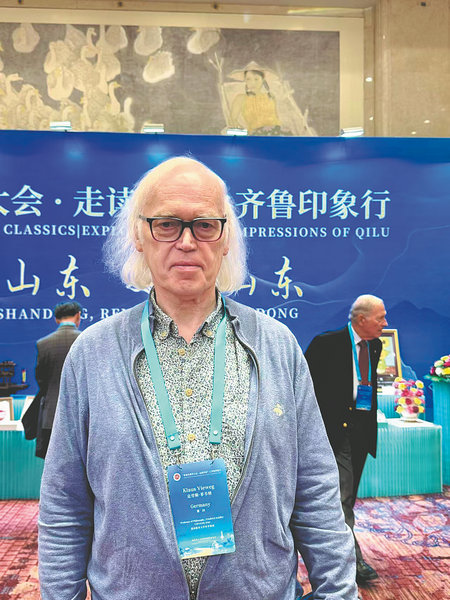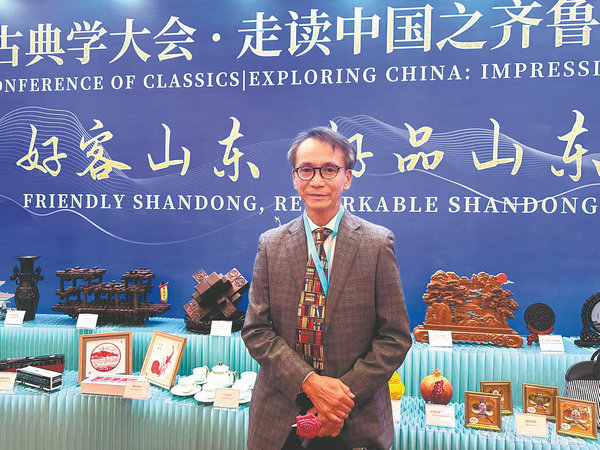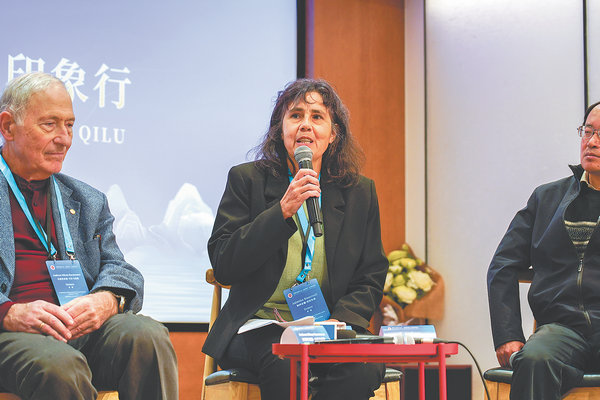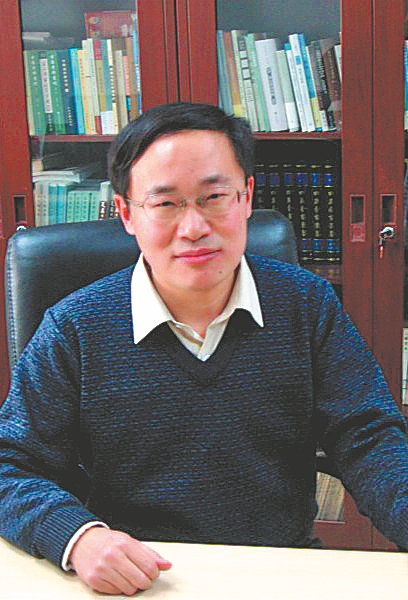

Klaus Vieweg, professor of philosophy at Germany's Friedrich Schiller University Jena
The first World Conference of Classics holds significance for the exchange and mutual learning between Eastern and Western civilizations.
In the modern era, numerous challenges persist, and many prominent thinkers, particularly from recent history, have derived valuable insights from classical and ancient philosophies. Figures like Aristotle and Lao Tzu have left an enduring impact on Eastern and Western thought, shaping each tradition in fundamental ways.
In this era of globalization, it is remarkable to witness the convergence and interaction of classical works from diverse nations, creating opportunities for rich cultural exchange and mutual understanding.

Hashiba Yuzuru, professor of ancient history, Graduate School of Humanities and Sociology at University of Tokyo
The first World Conference of Classics serves as a platform to allow classics across the world to communicate with each other. Connecting ancient civilizations is crucial for fostering mutual understanding, as insights from these civilizations enable individuals to navigate and flourish in an increasingly globalized world.
Confucian thought feels familiar to me, largely due to its profound influence on Japanese culture, particularly through The Analects of Confucius. Confucius has taught us to engage in self-reflection and consider what holds the greatest value for us. He encourages us to identify what is most important in our lives. This, in essence, is one of the most significant lessons from Confucius.

Asimina Koutrouli, architect engineer of the Ministry of Education of Greece
Classical studies are an essential body of knowledge that is crucial for understanding and contextualizing modern existence. Without a thorough awareness of a nation's historical foundations, it becomes challenging for individuals to grasp how that nation has achieved its current level of development. This understanding is significant not only for individual nations but also for humanity as a whole, representing a global culture. By engaging with classical texts, individuals gain valuable insights into the needs and responses of people across diverse contexts, thereby fostering a deeper appreciation for our shared human experience.

Chen Feng, professor of Advanced Institute for Confucian Studies of Shandong University
The World Conference of Classics provides an opportunity to explore how classical civilizations can maintain their modern relevance. Through this channel, civilizations try to ensure that their teachings resonate with contemporary societies and daily life. This connection is essential for preserving and carrying these traditions into the future. Classical civilizations, including Confucianism and other Eastern and Western traditions, are a shared spiritual legacy of humanity.

Thomas Michael, professor at School of Philosophy, Beijing Normal University
The conference is a good opportunity for me to learn about what other scholars study, make new relationships and meet some old friends. We can discuss our ideas about classics and share our cultural interactions, and it makes us understand each other more closely. It's wonderful that China is hosting the conference. China excels at bringing different cultures together for cultural communication and mutual understanding.